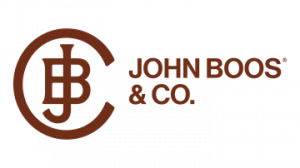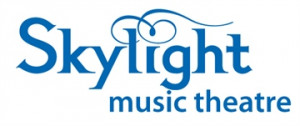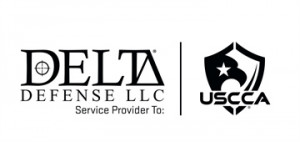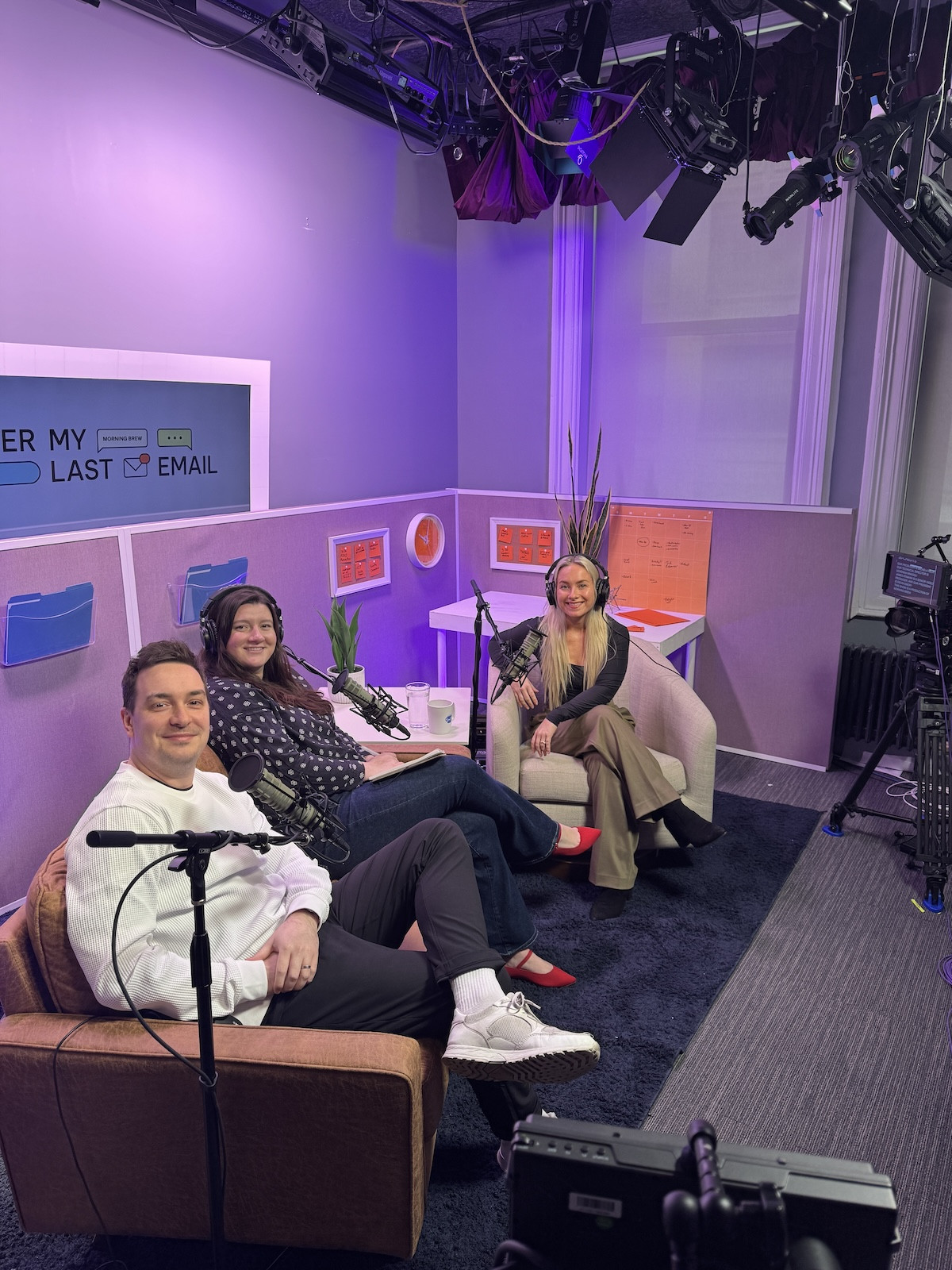
From launching civic engagement initiatives in Milwaukee to co-creating community strategies and now serving as Chief of Staff to the CEO at Morning Brew, Kyle Hagge has built a career grounded in purpose, relationships and a passion for connecting people.
Whether it was starting a podcast that opened unexpected professional doors or learning the art of leadership through AmeriCorps service, Kyle's journey reflects a blend of curiosity, creativity, and intentionality. In this interview, Kyle shares the lessons that shaped him, his mindset towards community-building and career development, and the importance of staying aligned with your values.
You’ve had a wide-ranging career from civic engagement in Milwaukee to leading community strategy and now working directly with the CEO at Morning Brew. Looking back, was there a moment or opportunity that ended up shaping your path in a way you didn’t expect?
There’s been several moments that ended up shaping my path in an unexpected way. The first being doing College Possible. I applied to the program and was open to any city that College Possible operated — and got selected for Milwaukee. I’m sure my life would be very different if I would’ve gone to a different city!
The second is starting Bridge the City. It was a podcast all about Civic Engagement in Milwaukee. It was a pure passion project — but it eventually led to working with Chuck Swoboda, former CEO of Cree Inc, in his capacity as Marquette’s Innovator in Residence. I learned a ton from Chuck and that certainly wasn’t the expected outcome when I started Bridge the City.
You started your professional journey with AmeriCorps at College Possible. What did that experience teach you about leadership or service that still sticks with you today?
So much! One of the main takeaways is how impactful building trust and strong relationships are to having difficult conversations.
You’ve led community-building efforts for thousands of professionals. What’s your approach to building a meaningful community?
Understand why people join your community. Don’t be the star. Add value always. Get to know as many members individually.
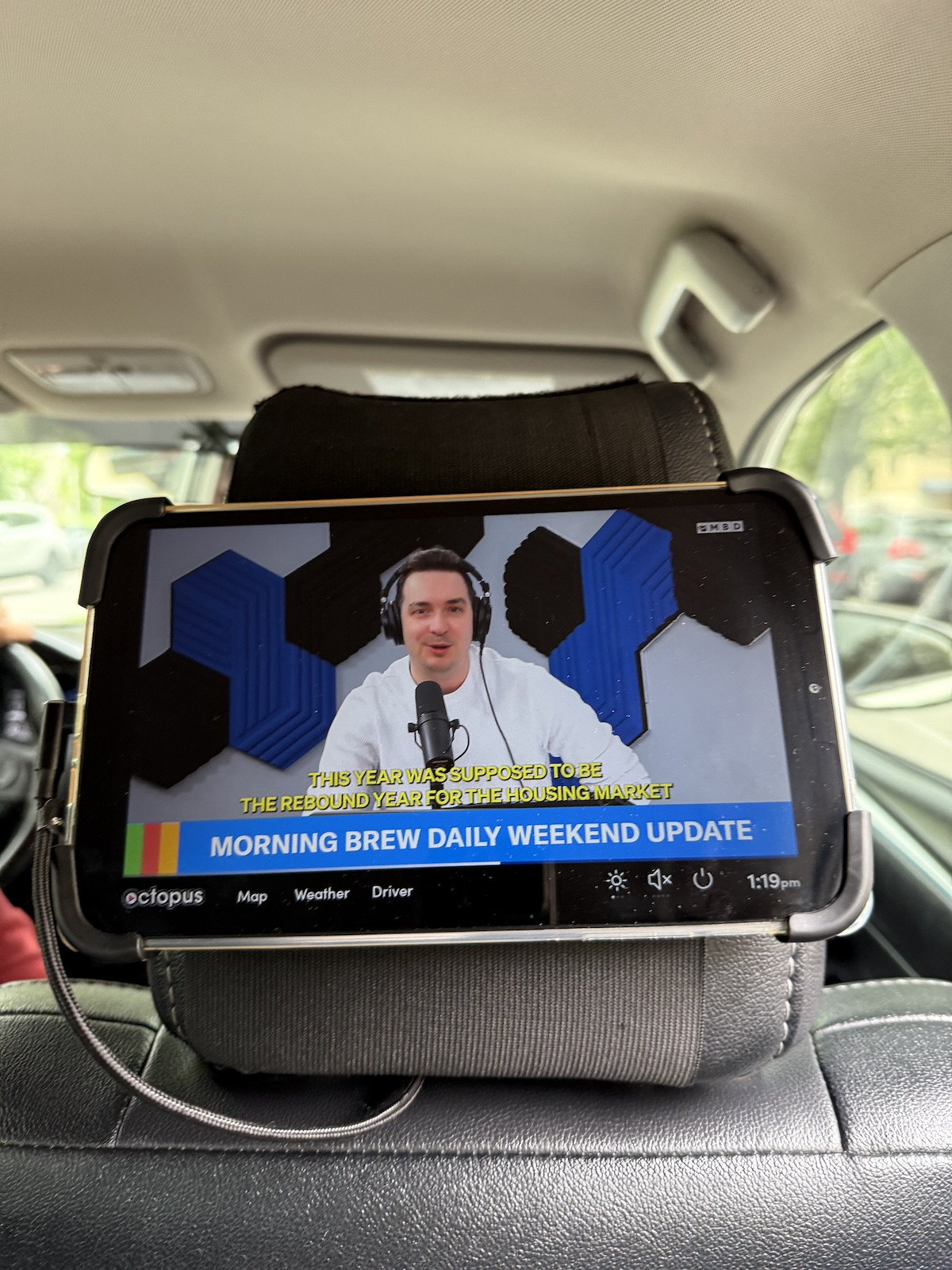
From hosting political open mics in breweries to managing alumni networks, what are some universal lessons you’ve learned about fostering real engagement?
If you’re not genuinely passionate about what you’re doing, don’t expect people who show up to your events or who engage with your content to be. Engagement should feel natural because you’re genuinely excited to be doing what you’re doing, and that enthusiasm is often contagious.
Secondly, expectations are critical. Tell people the rules of engagement and how you expect them to engage, and they likely will. But lack of clarity kills a ton of engagement opportunities.
What are some of the biggest mistakes you’ve seen organizations make when trying to build community, and how would you course-correct them?
Using “community” and “audience” interchangeably. It’s easier to build an audience, imo — and easier to monetize an audience. Community is a lot harder. (I’d define audience as one to many and community as many to many). It doesn’t mean don’t try it — but again you have to be genuinely excited about what you’re building otherwise a community will never happen.
Now serving as Chief of Staff to the CEO at Morning Brew, how has your view of leadership evolved?
I’m not sure it has involved much! I’ve been fortunate to work with some great leaders in the past and to currently work for another great leader. They’re all paint a clear vision, are extremely motivating, aren’t afraid of difficult conversations, and have a relentless motor and show up consistently. They also know how to motivate different people using different tactics.
How do you stay grounded and connected to your purpose when operating at a fast-paced, high-growth company like Morning Brew?
Well, my wife and I just welcomed our first child (our daughter Harlan!) into the world 5 months ago so that keeps me pretty grounded! However, I’m not big on the term “staying grounded” or language that implies your job automatically pulls you away from your life. I’d argue you want to find work life harmony where your job is something that aligns with your purpose/values and that you’re genuinely excited to wake up and do!
You’ve been a longtime podcaster with projects like the Bridge the City podcast and the Innovators on Tap series, and now Per My Last Email with Morning Brew. What appeals to you about being a podcaster?
I’ve always loved audio as a medium. It feels quite rich and intimate! I listen to a ton of podcasts and it turns out I enjoy making them as well. You can also create one for basically nothing so there is a low barrier to entry.
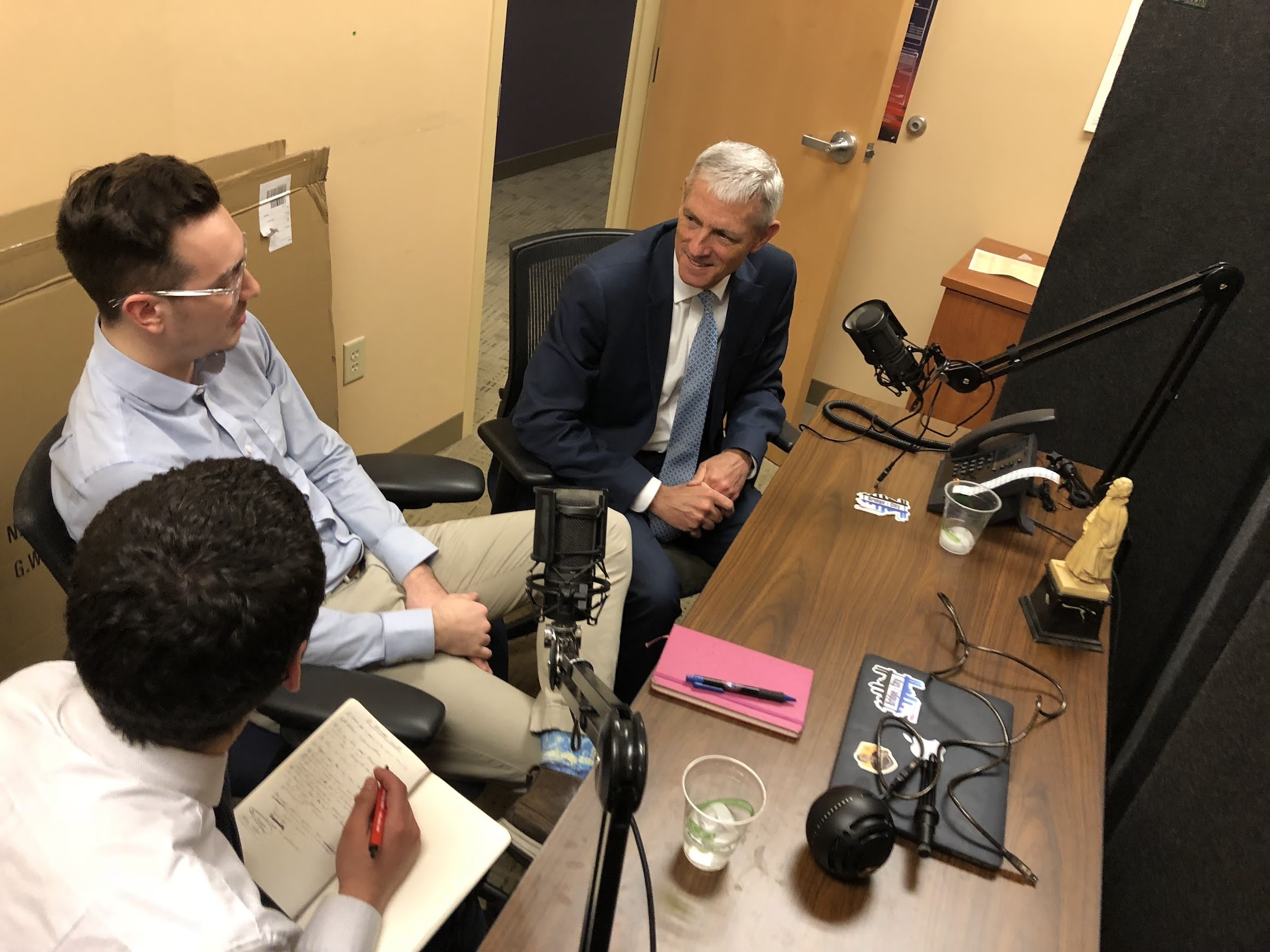
Interviewing former Marquette University President Michael Lovell on Bridge the City in 2018
What’s your advice for someone who has an idea or creative project but isn’t sure if they should go all-in?
Test it as much as you can beforehand. Do it as a side hustle and see what happens. And decide what the worst thing that could happen is if you do go all in — if you can stomach the answer, you might as well take a shot.
You’ve talked about “collecting dots and connecting dots” when it comes to career development. What does that mean to you, and how do you recommend people approach that in their own careers?
Collecting dots is all about gaining as many experiences as possible, as early as possible, so you can figure out what you like and what you don’t like. “We learn who we are through practice, not through theory”.
Then, as you get older, you likely will stop “collecting” and focus on “connecting” — that is synthesizing all those experiences and lessons and going more all in on one idea or career or project that feels right.
What’s a piece of career advice you received that didn’t make sense at the time but ended up being really valuable?
“You have to be unafraid of failure yet unwilling to fail” — I think we’ve celebrated Growth Mindset so much that we’ve adopted this mindset that failure is okay. You can go down the path of “every failure is a lesson” where you actually are less motivated to actually succeed.
I realized how profound this quote was (from Chuck!) later after hearing it and having a few more life experiences. It’s a great blend of Growth Mindset (being unafraid of failure) but also Fixed Mindset that, no, it actually does matter if you fail and you shouldn’t.
It’s a bit of a contradiction — but so is life. I think this is the right mindset to have.
Who are some of the biggest mentors you’ve had in your career so far, and what have they taught you?
Chuck Swoboda — there’s always a better way.
Robert Dippell (my current boss, CEO of Morning Brew Inc) — do what you say you’re going to do.
And finally, if you could write a letter to yourself at your Marquette University graduation, knowing everything you’ve learned so far, what would you say?
Keep your family close!




